Wealth-Building 101: The Importance of a Solid Financial Plan w/ Guest David Laut
When it comes to building wealth, a solid financial plan is your blueprint for success. We sat down with David Laut, a local financial planner from Abound Financial in Roseville, to discuss the essentials of financial planning. We asked David, "What's the most important thing a financial advisor can do for you?" His response was insightful:
"A financial planner’s goal is to understand your cash flow to increase the number of things that you own. [We figure out] the taxes you owe and how to reduce that, how to increase your cash flow and your assets, and then figure out what investments may help you supercharge that savings and asset growth. Minimizing liabilities can help you. The less that we owe, the more that we own."
Let’s Cover Some Basics…
Many people think that a financial planner is someone who sells investments. While there’s some truth to this, a financial advisor’s job is to grow your net worth. Your net worth is how much you own that has value minus how much you owe someone else.
Components of a Strong Financial Plan
A strong financial plan begins with a comprehensive understanding of your current financial situation. This includes an analysis of your income, expenses, debts, and assets. The goal is to create a budget that allows for saving and investing while minimizing unnecessary expenditures. Key components include:
Budgeting: A realistic budget is the foundation of any financial plan. It should account for all your income and expenses, leaving room for savings and investments.
Emergency Fund: Building an emergency fund is crucial. This fund acts as a financial safety net, ensuring you're prepared for unexpected expenses without derailing your financial goals.
Debt Management: Reducing and managing debt is essential. High-interest debt, like credit cards, should be paid off as quickly as possible to free up cash flow for other financial priorities.
Investment Strategy: A well-thought-out investment strategy tailored to your risk tolerance and goals is vital for growing your wealth over time.
Insurance Planning: Proper insurance coverage protects your assets and income, ensuring that unforeseen events don't jeopardize your financial stability.
Integrating Real Estate into Your Financial Strategy
Real estate can be a powerful component of a financial plan, offering both cash flow and asset appreciation. David emphasizes the importance of understanding how real estate fits into your overall strategy. Whether it’s your primary residence or investment properties, real estate can provide a stable income stream and serve as a hedge against inflation.
When integrating real estate, consider:
Investment Properties: Rental properties can generate ongoing income and increase in value over time.
Home Equity: Building equity in your home can be a significant part of your net worth and provide leverage for future investments.
Diversification: Ensure that real estate investments complement, not overshadow, other parts of your portfolio.
Setting and Achieving Financial Goals
Setting clear financial goals is the next step. Whether it’s saving for retirement, buying a home, or funding your children’s education, having specific, measurable goals helps you stay focused. David suggests breaking down these goals into short-term, mid-term, and long-term objectives:
Short-Term Goals: These are immediate needs like building an emergency fund or paying off high-interest debt.
Mid-Term Goals: These might include saving for a down payment on a house or funding a child’s education.
Long-Term Goals: Long-term goals often revolve around retirement planning and ensuring you have the resources to maintain your lifestyle.
Regularly reviewing and adjusting your financial plan is essential. As life changes, so should your financial strategy. With the right plan in place, building wealth becomes a systematic, achievable process.


